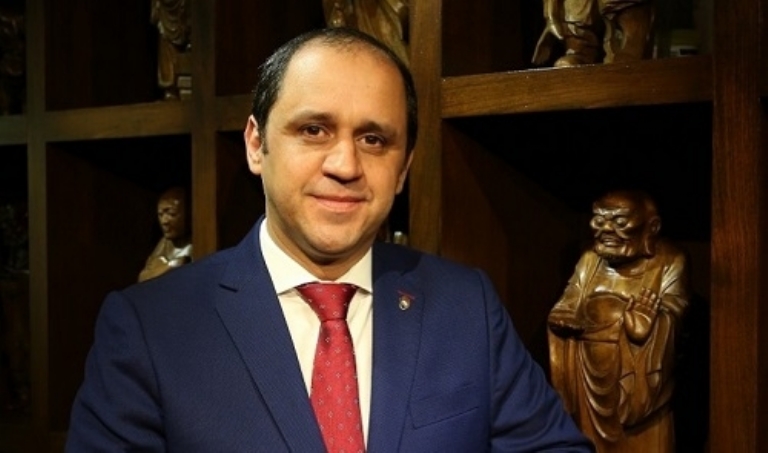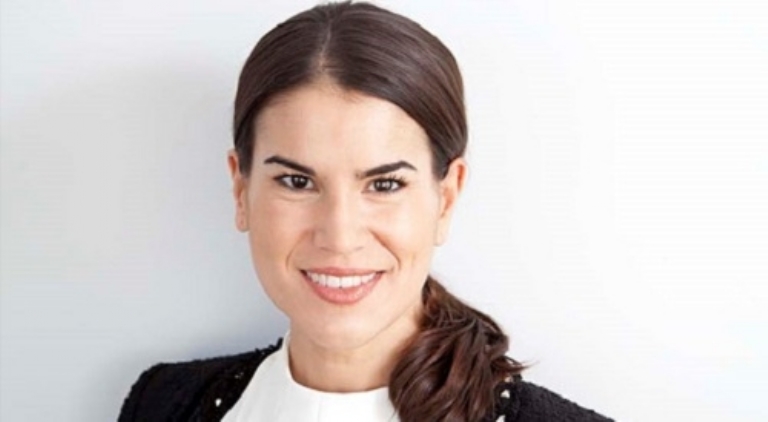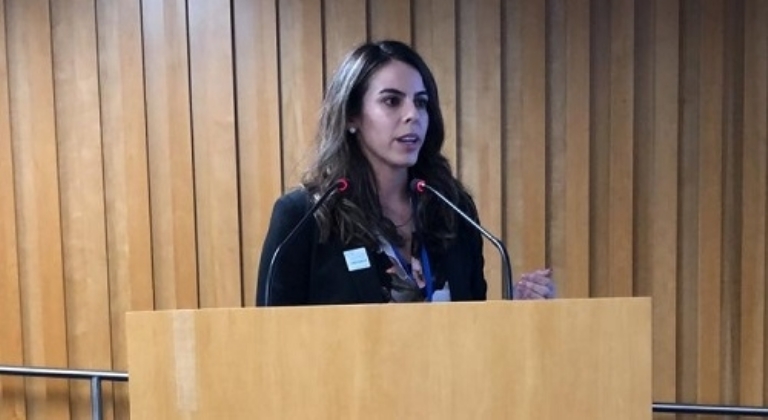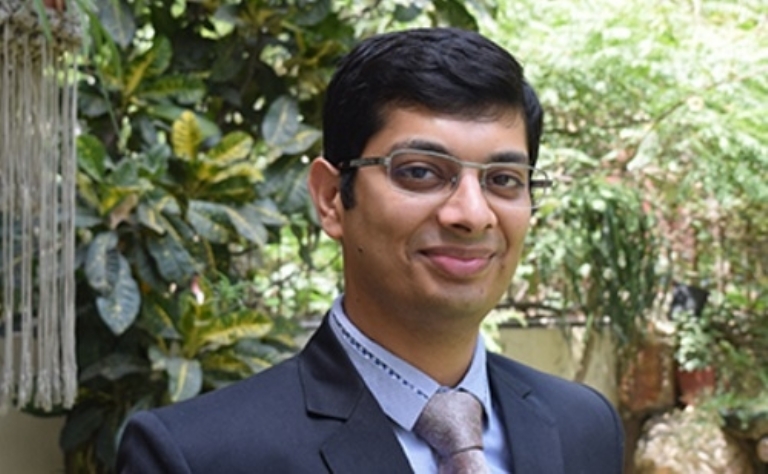


In my opinion, the government's proposal can have two readings: try to earn more money with the bidding, make almost a pre-selection in which only the most qualified will compete; and in a more legal perspective, if this is the law's option, the Government will have greater control over concessionaires, imposing more obligations. The concession regime always maintains the operation in the government at the origin. In contrast to the license in which if a particular entity intends to operate, it is enough to fulfill the requirements. It remains to be seen whether this is the model and when it will come into force. It also seems important to understand what compensation the Government will request from operators.
In terms of gambling, the concession regime is closely linked to physical casino gambling while licenses are more for online gambling. In addition to this, it would also be good if, once and for all, progress was made and proceeded with the gaming law in casinos. About the number of licenses, I think there are few. We have to consider that Brazil is a federal country and 30 are little more than one for each of the 26 states. I want to think that this limitation would not be necessary, but the Government will know the option it had.

As a comment on the granting (initial, at least) of only 30 licenses in Brazil, it seems to me a rather negative decision for an industry that is very diversified and for a market the size of Brazil. If we look, for example, at my country Spain, we have more than 50 for a much smaller market. For the Province of Buenos Aires, which only granted 7 licenses, more than 20 were presented, again, in a much smaller market.
I ignore the basis on which the Brazilian regulator has calculated this maximum figure, but I believe that they have not taken into account a series of fundamental parameters. Unfortunately, these types of situations favor certain players and leave many others out of the market. The illegal gaming rate will undoubtedly be higher. It is a pity that, having been able to create a transparent and competitive market, it does not seem that it will be like that, for now. Hopefully there will be evolutions!

The new consultation process still leaves many questions unanswered. For example, it does not offer details as to how the Ministry of Economy determined that 30 fixed-term concession contracts is the “optimal number” to operate in Brazil. Ideally, the consultation would have provided stakeholders with notice of the proposed change of approach and an opportunity to comment on draft terms and conditions for the tender process which will determine a number of significant matters.
The draft regulatory decree that accompanied the consultation notice does not provide the necessary information to understand the selection criteria for operators, nor how sports betting will be operated and conducted in Brazil. The process at this stage therefore is lacking a meaningful conversation as to what the future of sports betting will actually look like in practice.
While it is a priority for any jurisdiction to protect consumers and ensure compliance with the regulatory framework, I don’t believe that a concession contract model achieves this any more than an open licensing system. It is the regulations and enforcement system that are established that will determine a jurisdiction’s success in these matters. Of course, the ultimate effect this change will have is to delay the country's launch.

A novel approach has been adopted by Brazil to run sports betting under a ‘lottery license’. This I believe post discussions with some legal experts from the territory, has been done due to the peculiarity of the legal framework in Brazil. Considering the novelty and nascency of the market, it makes sense that a competitive bidding method has been considered by the authorities, not only for the purposes of giving equal opportunities to all bidders to compete for the limited licenses, but also by limiting the operators, allowing the Brazilian sports betting/lottery market to mature with its own flavour and peculiarity, rather than simply importing a licensing or market model from another regulated country.
Internationally largely 2 approaches have been taken, either the state operates the sports betting/lottery, while appointing distributors or marketing agents or qualifications for applying for a license are laid down and whichever entity fulfils the criteria, is allowed to procure a license after payment of the fee. The hybrid Brazilian approach taken, seems to be akin to tendering for limited public resources like coal, telecom bandwidths; which are considered as limited government resources. For these, while a need exists that they should be exploited, should not be over exploited.
The government through this approach seeks get the maximum out of such exploitation by the private entities. However once such an approach has been adopted and the 30 entities which get the initial licenses, have got their foothold in the market, in my opinion it will become extremely difficult for any new entity to enter the market, even if the market is opened after 4 years. As these entities would be able to bid higher thus creating barriers to entry for newer operators.
Source: Exclusive Games Magazine Brasil